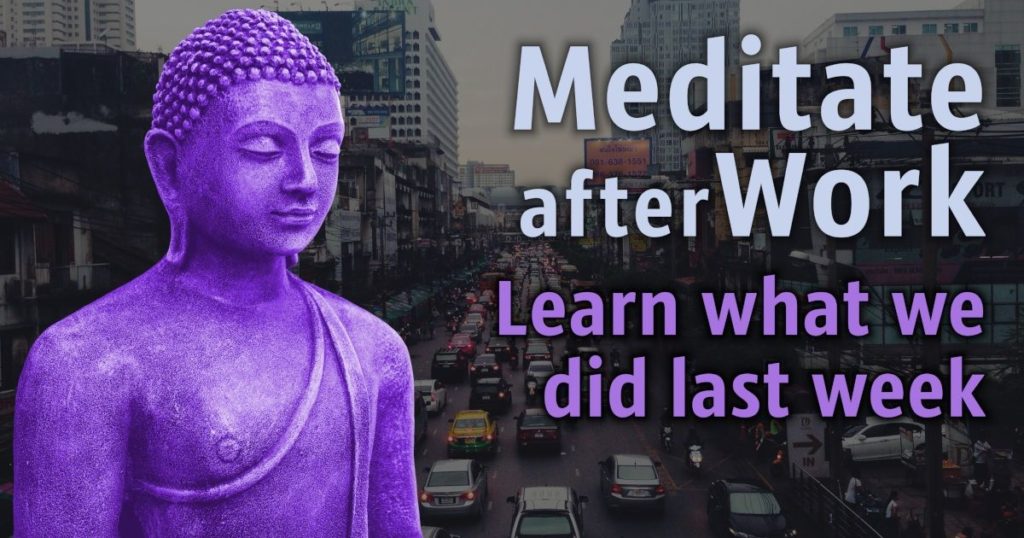
Pemato jāyatī soko,
pemato jāyatī bhayaṃ;
Pemato vippamuttassa,
natthi soko kuto bhayaṃ.
213. Affection gives rise to sorrow; affection gives rise to fear. For
someone released from affection, there is no sorrow; so, from what would
fear arise?
Ratiyā jāyatī soko,
ratiyā jāyatī bhayaṃ;
Ratiyā vippamuttassa,
natthi soko kuto bhayaṃ.
214. Desire gives rise to sorrow; desire gives rise to fear. For someone released from desire, there is no sorrow; so, from what would fear arise?
These two Dhammapada stanzas and Piyajataka sutta were taught to explain the Chachakka Sutta. Mainly the combination of three things, that is the contact that leads us to feel pleasant, unpleasant and neither unpleasant feelings. You can read the Piyajataka Sutta here and the Chachakka Sutta here.
With these things, the participants were able to learn how to deal when experiencing pleasant, unpleasant and neither unpleasant feelings.
Join us for the next program on Wednesday September 25th to continue learning the Chachakka Sutta and practice a meditation based on this sutta.
Get details on the next program, Meditate after Work @ Bambalapitiya